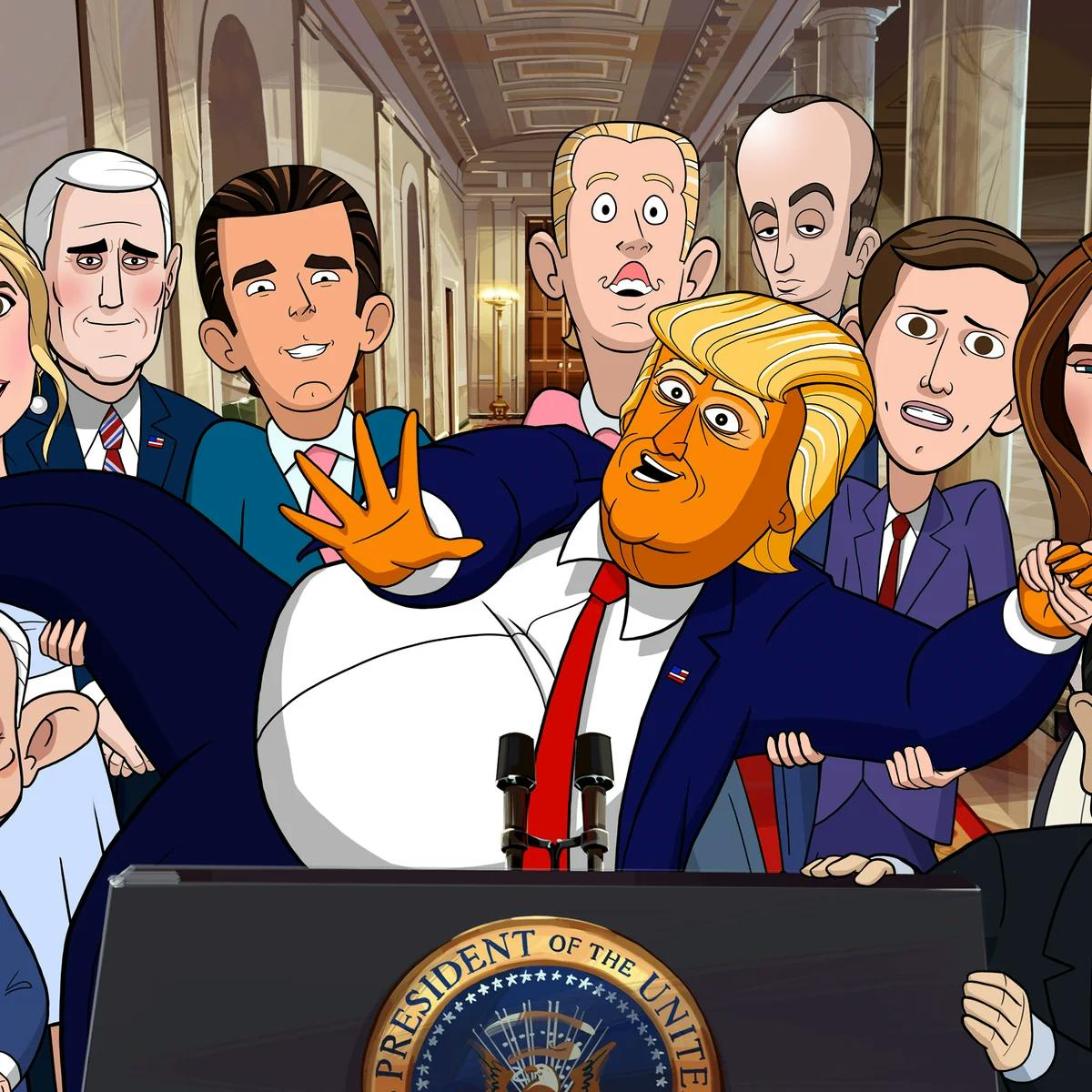Donald Trump’s Ultimatums

One of the most direct financial threats came in May 2025, when Trump publicly stated he was considering stripping Harvard University of $3 billion in federal research funding and redirecting it to trade schools. These funds, largely provided by the National Institutes of Health (NIH), support biomedical research across university departments. This builds on previous actions from his first term, including a 2020 executive order that threatened to withhold federal funds from universities that allegedly suppressed free speech. Though that order had limited legal effect, it sent a clear message that public funding could become contingent upon political alignment. Collectively, such threats have introduced planning challenges for universities reliant on long-term federal grant stability.
The Trump administration has also proposed sweeping restrictions on the types of research that receive federal support. Funding freezes and cancellations have affected studies in areas labeled as “ideologically driven,” including research on climate change, LGBTQ+ health, racial equity, and diversity and inclusion. Mainly, Trump’s second-term education policy proposals, outlined by campaign officials, include eliminating funding for “woke science,” further removing research funding in interdisciplinary fields.
International student admissions have also been compromised. The original Trump administration launched the Department of Justice’s China Initiative, which led to heightened scrutiny of Chinese scholars and accusations of espionage. These investigations, while aimed at protecting intellectual property, created a hostile environment for many Asian and Asian American scientists and slowed international research collaboration.
In May 2025, Trump’s team attempted to revoke Harvard University’s ability to enroll foreign students, jeopardizing the legal status of over 6,000 international attendees. This move followed a 2020 policy attempt to expel international students if their coursework shifted online during the pandemic, which was widely criticized and ultimately reversed. These repeated interventions have significantly undermined the perception of the U.S. as a welcoming destination for global talent. International students contribute over $43.8 billion annually to the U.S. economy, and their declining enrollment affects both the financial and cultural fabric of American campuses.
Trump’s ultimatums toward higher education institutions, whether through funding threats, restrictions on research, or attacks on international student programs, have introduced long-term risks to college’s autonomy, financial stability, and global reputation. While many of these proposals remain politically contested, they underscore the vulnerability of higher education institutions to politicization.
– By Mika Katznelson
